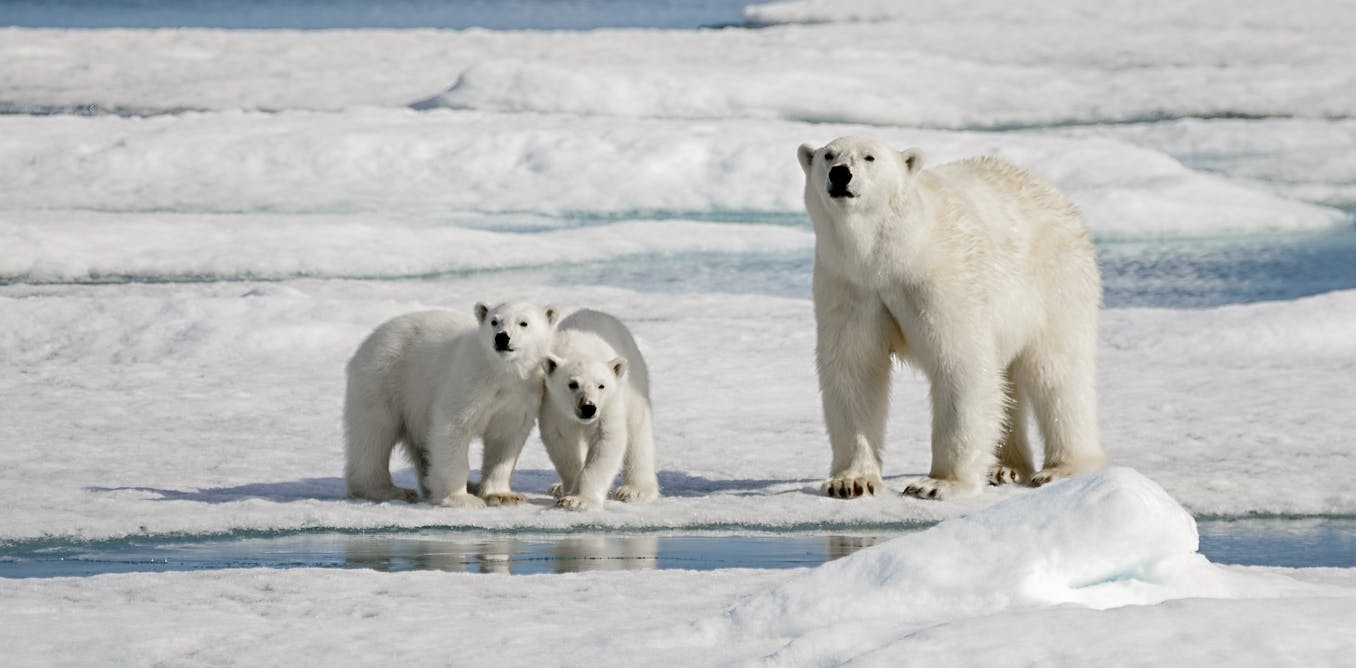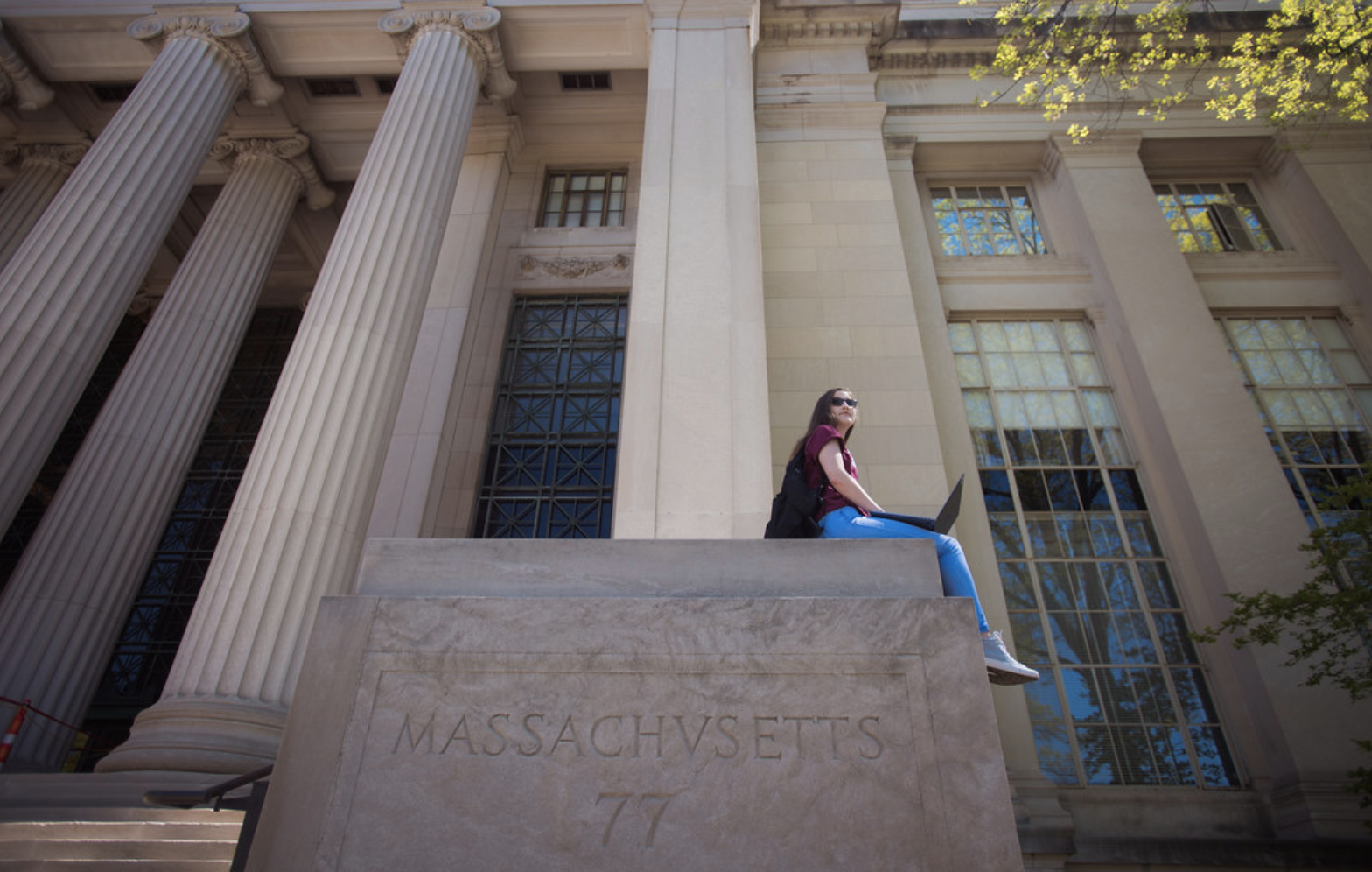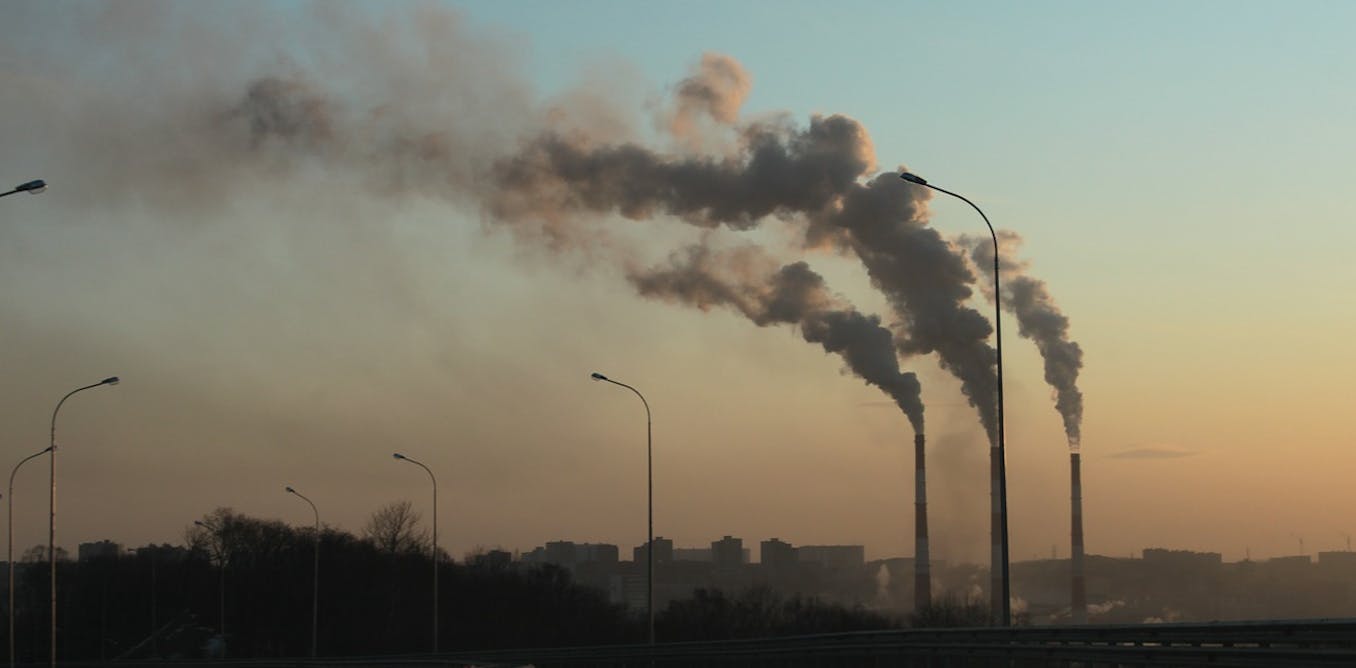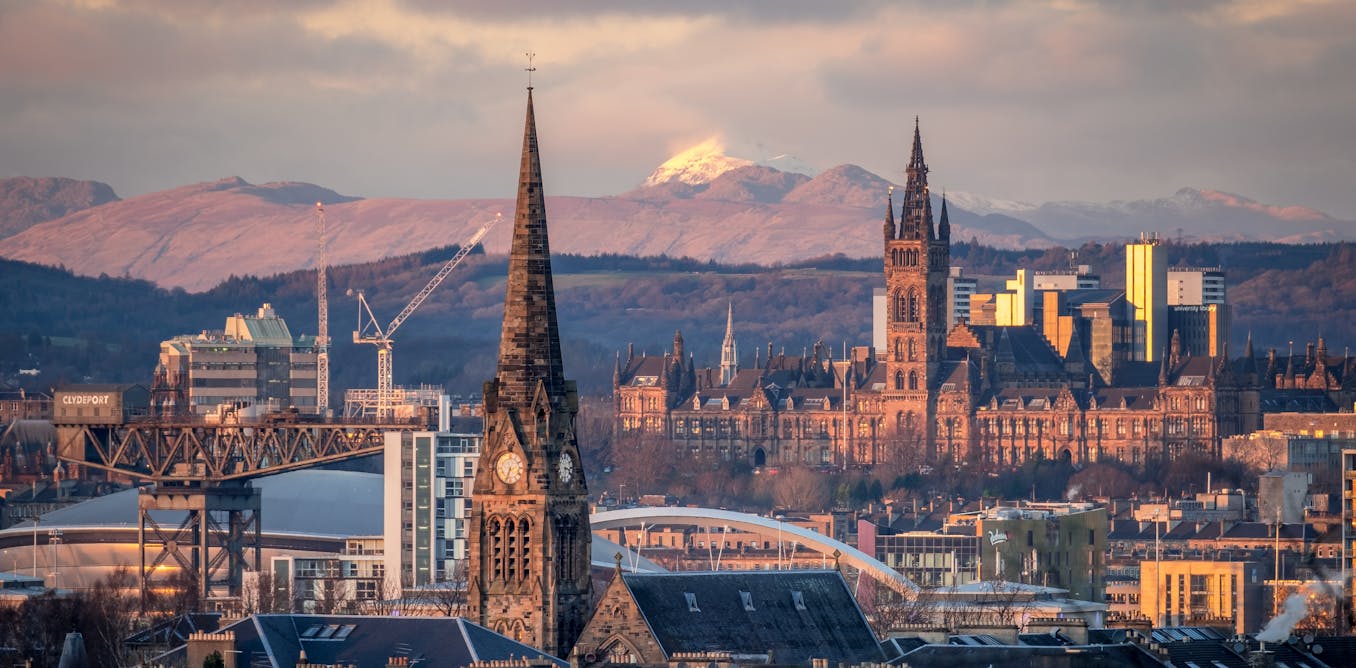Polar bears eating reindeer: normal behaviour or result of climate change?
Polar bears are being forced to adapt their feeding habits due to climate change – so reports of summer scavenging, foraging and terrestrial hunting are unsurprising.
Dec. 30, 2021 • ~6 min









